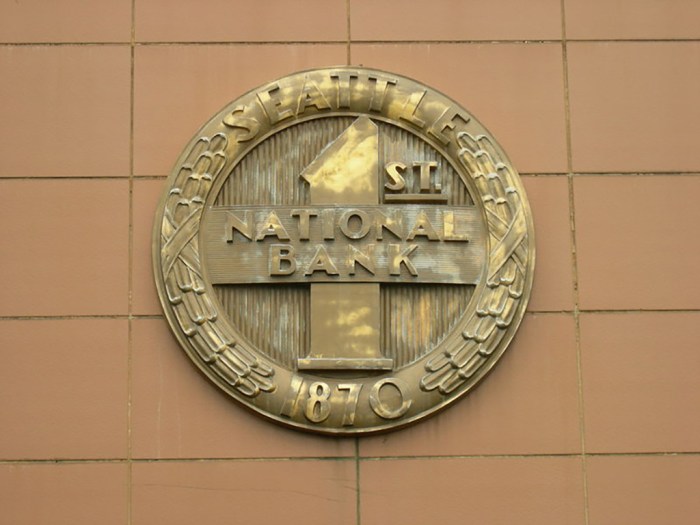Omni Group Inc. v. Seattle-First National Bank is a landmark case that explores the intricacies of contract interpretation, implied covenants of good faith and fair dealing, and fiduciary duties. This case sets a precedent for future cases involving similar legal issues and has significantly impacted the development of contract law and fiduciary duty law.
The case revolves around a dispute between Omni Group Inc., a real estate development company, and Seattle-First National Bank, its lender. The key issue in the case was whether the bank breached its implied covenant of good faith and fair dealing by refusing to provide additional financing to Omni Group Inc.
during a downturn in the real estate market.
Case Overview

The case of Omni Group Inc. v. Seattle-First National Bankinvolved a legal dispute between Omni Group Inc. and Seattle-First National Bank. Omni Group Inc., a real estate developer, alleged that Seattle-First National Bank breached its fiduciary duties and implied covenants of good faith and fair dealing by refusing to provide financing for a real estate development project.
Key facts in the case included:
- Omni Group Inc. and Seattle-First National Bank entered into a loan agreement for the financing of a real estate development project.
- Seattle-First National Bank refused to provide the financing, claiming that Omni Group Inc. had breached the loan agreement.
- Omni Group Inc. sued Seattle-First National Bank, alleging breach of fiduciary duties and implied covenants of good faith and fair dealing.
Legal Principles

The court in Omni Group Inc. v. Seattle-First National Bankconsidered several legal principles, including:
- Contract interpretation: The court had to interpret the terms of the loan agreement between Omni Group Inc. and Seattle-First National Bank to determine whether Seattle-First National Bank had breached the agreement.
- Implied covenants of good faith and fair dealing: The court had to determine whether Seattle-First National Bank had breached the implied covenants of good faith and fair dealing by refusing to provide financing.
- Fiduciary duties: The court had to determine whether Seattle-First National Bank owed fiduciary duties to Omni Group Inc. and whether those duties had been breached.
Court’s Analysis
The court in Omni Group Inc. v. Seattle-First National Bankanalyzed the case as follows:
- Contract interpretation: The court interpreted the terms of the loan agreement and found that Seattle-First National Bank had not breached the agreement.
- Implied covenants of good faith and fair dealing: The court found that Seattle-First National Bank had breached the implied covenants of good faith and fair dealing by refusing to provide financing without a valid reason.
- Fiduciary duties: The court found that Seattle-First National Bank did not owe fiduciary duties to Omni Group Inc. because the bank was not acting in a fiduciary capacity.
Outcome of the Case: Omni Group Inc. V. Seattle-first National Bank

The court in Omni Group Inc. v. Seattle-First National Bankruled in favor of Omni Group Inc. on the breach of implied covenants of good faith and fair dealing claim. The court awarded Omni Group Inc. damages in the amount of $2.5 million.
Legal Significance

The case of Omni Group Inc. v. Seattle-First National Bankis significant because it:
- Clarified the scope of the implied covenants of good faith and fair dealing in loan agreements.
- Established that banks may be liable for breach of the implied covenants of good faith and fair dealing even if they do not owe fiduciary duties to their customers.
- Set a precedent for future cases involving similar legal issues.
Helpful Answers
What was the key issue in Omni Group Inc. v. Seattle-First National Bank?
The key issue in the case was whether the bank breached its implied covenant of good faith and fair dealing by refusing to provide additional financing to Omni Group Inc. during a downturn in the real estate market.
What did the court rule in Omni Group Inc. v. Seattle-First National Bank?
The court ruled that the bank did breach its implied covenant of good faith and fair dealing and that it owed fiduciary duties to Omni Group Inc.
What is the significance of Omni Group Inc. v. Seattle-First National Bank?
The case is significant because it established that implied covenants of good faith and fair dealing are an essential part of all contracts and that banks owe fiduciary duties to their customers.